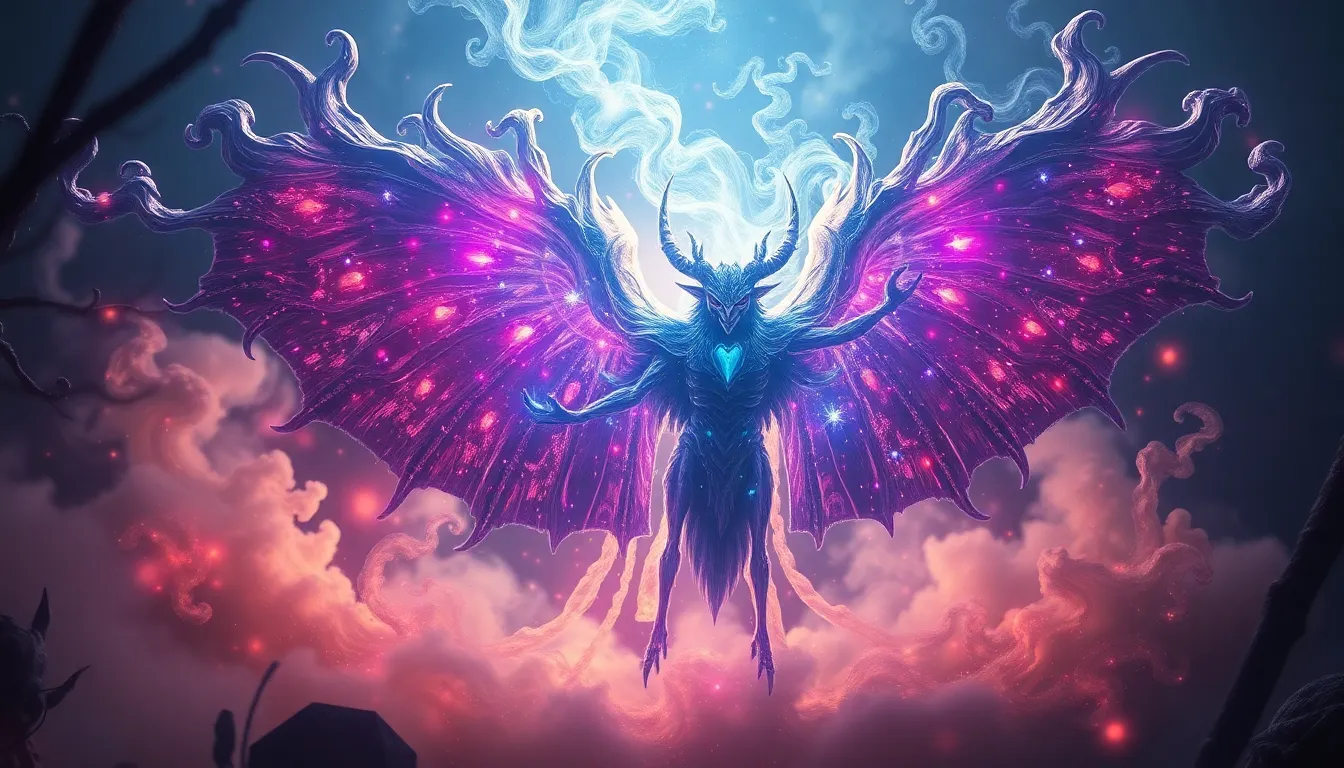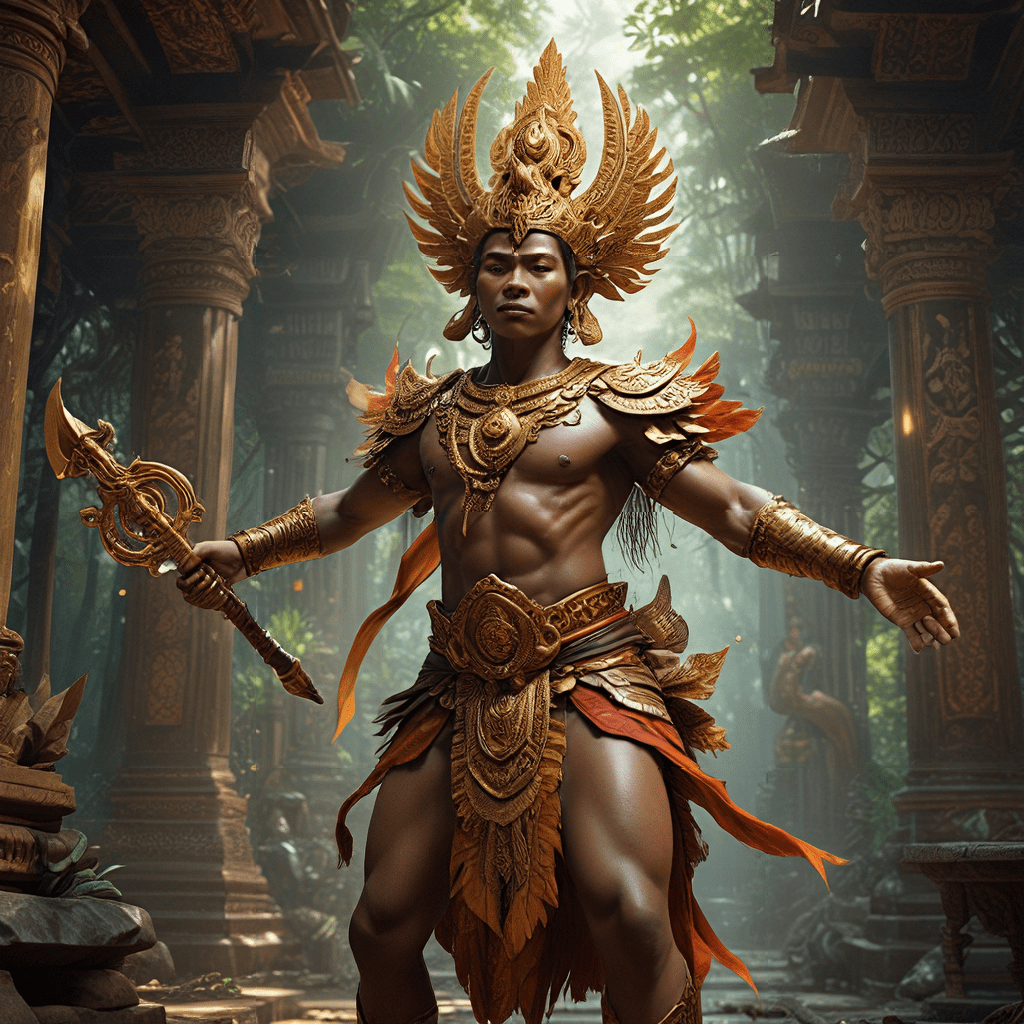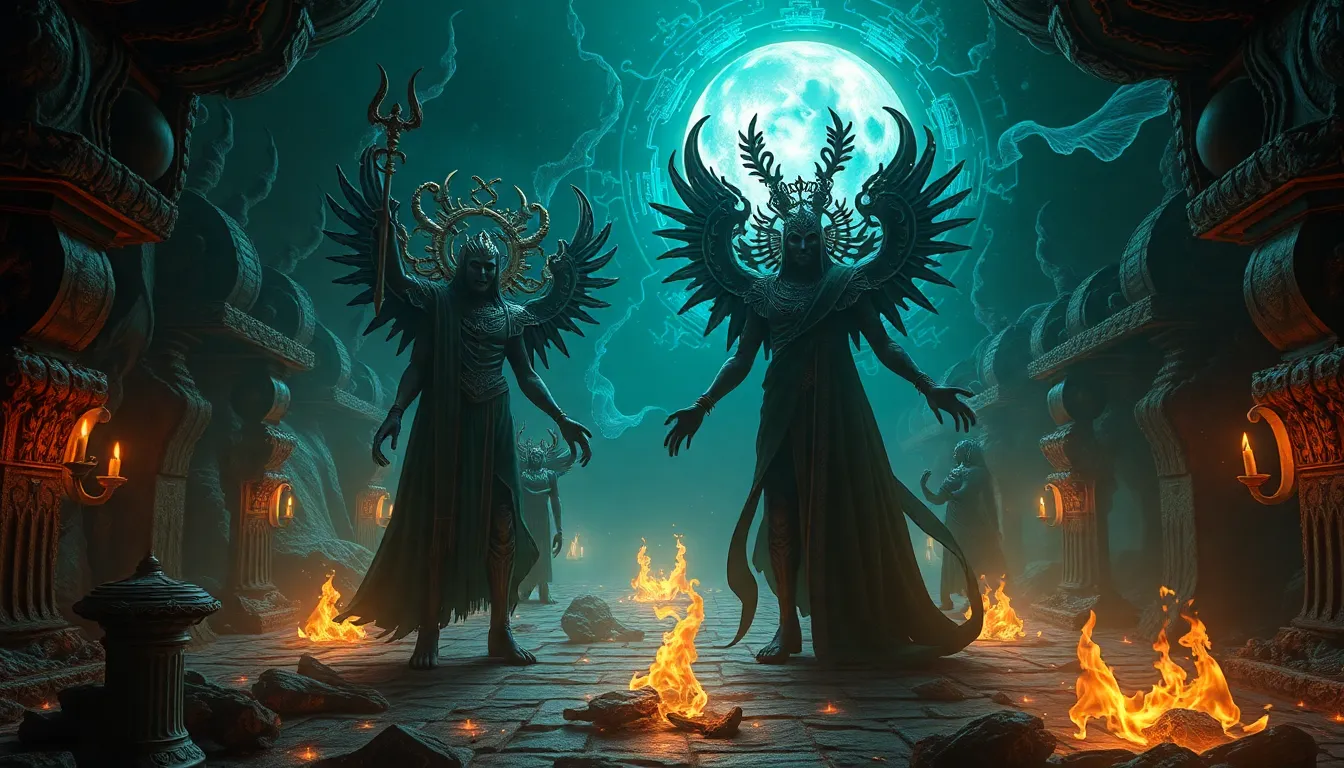The Enchanted Metamorphosis: Myths of Magical Transformations
Introduction to Magical Transformations
Metamorphosis in mythology refers to the profound and often magical transformation of beings, whether human or divine, into different forms. This phenomenon captures the imagination, serving as a powerful narrative device across cultures. Transformation signifies change, growth, and the fluidity of identity, often mirroring the complexities of human experience.
Throughout history, cultures around the world have embraced the idea of transformation, intertwining it with their myths and folklore. In these narratives, characters undergo physical or spiritual changes that reflect their inner struggles, desires, or the whims of the gods. This article aims to explore the rich tapestry of myths surrounding transformation, delving into their meanings and implications.
Historical Context of Transformation Myths
The origin of metamorphosis tales can be traced back to ancient civilizations such as Greece and Egypt. In Greek mythology, transformations were often initiated by gods who intervened in the lives of mortals. For instance, Zeus frequently transformed individuals to protect them or to teach them a lesson. In Egypt, the concept of transformation was deeply linked to the afterlife, with deities like Osiris embodying the cycle of death and rebirth.
Over time, these myths evolved, adapting to cultural shifts and societal changes. What began as stories to explain natural phenomena or divine intervention transformed into allegories addressing human experiences and moral lessons.
Thematic Elements of Transformation
Transformation myths commonly explore several themes, including:
- Love: Many transformations occur as a result of love, either as a reward or as a consequence of unrequited feelings.
- Punishment: Transformations often serve as divine retribution for hubris or moral failings.
- Redemption: Characters may undergo transformations to redeem themselves or to learn valuable life lessons.
Additionally, animals frequently symbolize different aspects of human nature, and their roles in metamorphosis can carry significant meanings. For example, becoming a wolf may represent primal instincts, while transforming into a bird can symbolize freedom and transcendence. These transformations reflect the human condition, highlighting our struggles, desires, and growth.
Famous Myths of Transformation
Several myths stand out for their captivating narratives of transformation:
- The story of Daphne and Apollo: In a desperate bid to escape Apollo’s relentless pursuit, Daphne is transformed into a laurel tree, symbolizing both the pain of unrequited love and the desire for autonomy.
- The tale of Lycaon: In Greek mythology, Lycaon is transformed into a wolf as punishment for his impiety, serving as a cautionary tale about the consequences of defying the gods.
- The metamorphosis of Narcissus: Narcissus, enamored with his own reflection, becomes a flower, representing the dangers of excessive self-love and vanity.
Cultural Variations of Transformation Tales
Transformation tales vary greatly across cultures. In Western mythology, stories often emphasize the conflict between man and the divine. In contrast, Eastern myths, such as those found in Indian mythology, may highlight the interconnectedness of life and the cyclical nature of existence.
Furthermore, transformation is a prevalent theme in folklore and fairy tales:
- Cinderella: A tale of transformation where the protagonist moves from a life of servitude to one of royalty, symbolizing the potential for change and hope.
- The Frog Prince: The transformation of a frog into a prince illustrates how true beauty lies beneath the surface and the importance of keeping promises.
Indigenous myths also provide unique perspectives on transformation, often emphasizing harmony with nature and the spiritual significance of change.
Psychological Interpretations of Metamorphosis
From a psychological standpoint, transformation myths can be analyzed through a Jungian lens, where the process of metamorphosis reflects personal growth and the quest for identity. These stories often mirror the journey of individuation, where characters must confront their fears, desires, and internal conflicts to emerge transformed.
Metamorphosis can also symbolize life stages and transitions, representing the changes we experience throughout our lives, such as adolescence, adulthood, and old age. These narratives encourage introspection and self-discovery, highlighting the importance of embracing change.
Magical Creatures and Their Transformative Powers
Mythical beings play a crucial role in transformation narratives. Creatures such as fairies, shapeshifters, and werewolves embody the essence of change and the blurring of boundaries between human and animal forms.
These magical beings often represent:
- Human desires: The ability to transform reflects our longing for freedom, escape, or power.
- Fears: The unpredictability of transformation can symbolize the chaos of change and the unknown.
Through these characters, myths explore the duality of human nature, illustrating both the beauty and terror of transformation.
Modern Adaptations of Transformation Myths
Ancient myths continue to influence contemporary literature and media. Films such as The Shape of Water and Kafka’s Metamorphosis explore transformative themes, resonating with audiences who seek to understand the complexities of identity and change.
The resurgence of interest in transformation stories in popular culture demonstrates their timeless appeal. These narratives encourage exploration of the self and challenge societal norms, reminding us of the power of transformation in our lives.
The Role of Transformation in Personal and Societal Growth
Myths of transformation inspire personal change and self-discovery, prompting individuals to reflect on their own journeys. These stories can motivate us to embrace our own metamorphoses, encouraging growth and resilience.
Moreover, transformation narratives can also impact societal norms and beliefs, challenging outdated ideologies and promoting acceptance of change. They remind us that transformation is an essential part of life, both personally and collectively.
Conclusion
The myths of magical transformations weave a rich narrative tapestry that transcends cultures and time. They encapsulate the essence of change, reflecting our deepest desires, fears, and experiences. As we continue to explore these stories, we uncover valuable lessons about identity, growth, and the transformative power of the human spirit.




